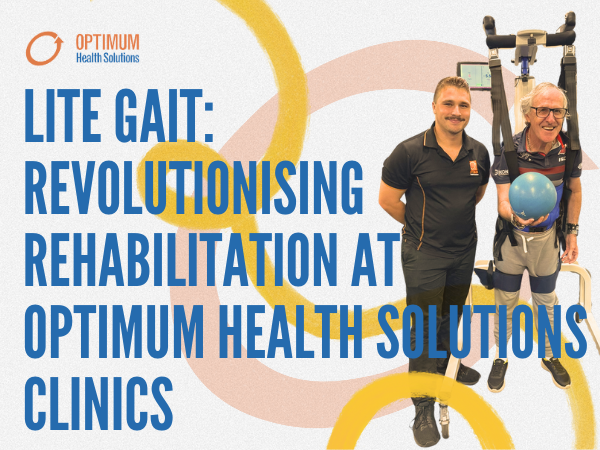The incidence of diabetes has reached epidemic proportions. Not just in Australia, but also around the world.
Diabetes most commonly occurs in the form of Type Two Diabetes. This is a chronic disease characterised by high blood glucose. Glucose is your body’s primary source of fuel. However, for glucose to enter the cell, insulin is required. Insulin is a hormone produced by the pancreas, and diabetes occurs when the pancreas isn’t able to produce enough insulin, when the body becomes resistant to insulin, or both.
Implications
Diabetes has very serious implications for health. It is estimated that people with diabetes are twice as likely to suffer from a stroke in the first five years after diagnosis. Its damaging effects on the heart and blood vessels mean the cardiovascular disease will kill 52% of those with diabetes. Diabetes is also the biggest cause of end stage kidney disease. If that wasn’t enough, suffering from diabetes makes you 20 times more likely to go blind.
People today are consuming more food than ever before. We are estimated to be consuming at least 1000 kJ per day more than we did in the 1970s. If we exceed our energy requirements by this much each day, it could lead to 13kg of weight gain each year. Leading the way amongst the factors most closely linked to diabetes is obesity. A study from the University of Texas states that “Obesity is the single most important factor behind the drastic rise in diabetes since the 1970s.” The World Health Organisation (WHO) estimates that obesity contributes to 44% of the diabetes burden.
Negotiating the world of food products is becoming an increasingly complicated task. Our food nowadays is more processed than ever before. The food system is ever more governed by big businesses that operate with profits as a first priority. Understanding food composition, how to read labels, and how these relate to your individual requirements, is an important skill in making health-conscious food choices.
As our society makes it harder to maintain health and longevity, each day I encounter people who are not aware of the sources of fats and carbohydrates within their diet. Secondly, they have no idea how much food they need, and in what proportion, in order to remain healthy. Losing weight is no easy feat, so it seems important to me that people learn the skills required to negotiate the complicated world of food, before they become part of the statistics, and become diagnosed with Type Two Diabetes by their Doctor.
Weight loss through dietary changes and exercise can enhance insulin sensitivity, improve glucose tolerance and reduce the workload on your pancreas. Evidence demonstrates that exercise and dietary change can not only prevent the onset of diabetes, but also halt its progression and possibly even turn it around.
Therefore it makes sense to learn more about food, your food requirements, and build the skills and behaviours that lead to a long and healthy life. If you would like help in managing diabetes or other lifestyle diseases, make a booking to see one of the Dietitians at Optimum Health Solutions.








